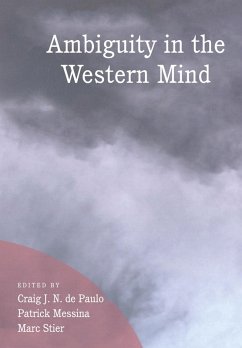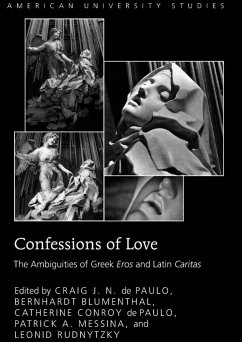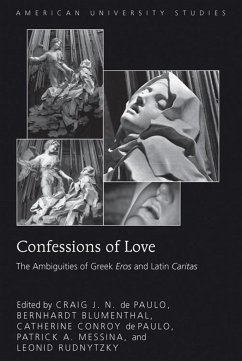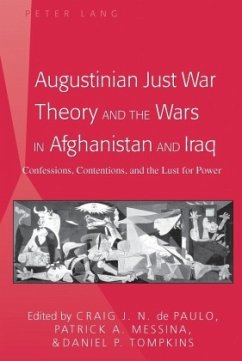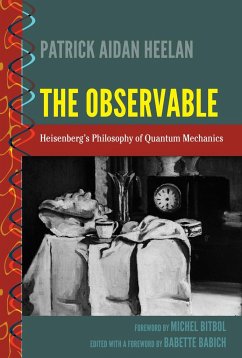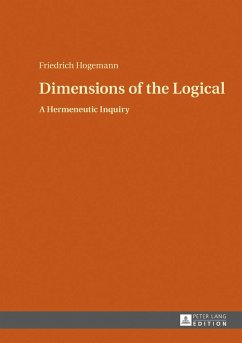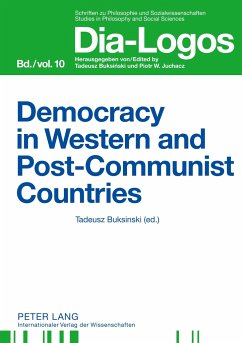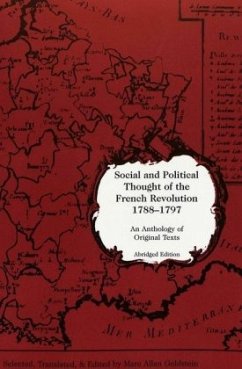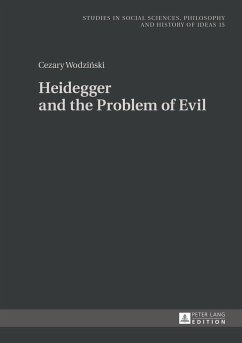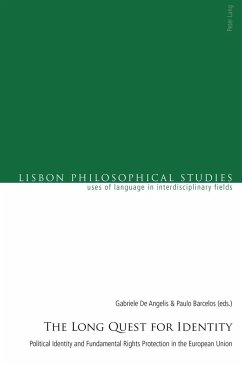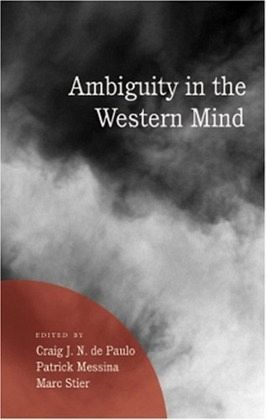
Ambiguity in the Western Mind
Versandkostenfrei!
Versandfertig in 6-10 Tagen
40,50 €
inkl. MwSt.

PAYBACK Punkte
0 °P sammeln!
Ambiguity in the Western Mind includes a collection of essays by internationally renowned scholars such as John D. Caputo, Camille Paglia, Jaroslav Pelikan and Roland Teske along with a preface by Joseph Margolis, all taking up the question of the significance of ambiguity in Western thought. This engaging topic will be of interest to scholars and students alike from across the disciplines. Tracing the conceptual relevance of ambiguity historically and through some of the great books that have formed Western consciousness, this volume is a major contribution to the contemporary discussion surr...
Ambiguity in the Western Mind includes a collection of essays by internationally renowned scholars such as John D. Caputo, Camille Paglia, Jaroslav Pelikan and Roland Teske along with a preface by Joseph Margolis, all taking up the question of the significance of ambiguity in Western thought. This engaging topic will be of interest to scholars and students alike from across the disciplines. Tracing the conceptual relevance of ambiguity historically and through some of the great books that have formed Western consciousness, this volume is a major contribution to the contemporary discussion surrounding this controversial notion, especially as a hermeneutical concept for interpreting the classics.



